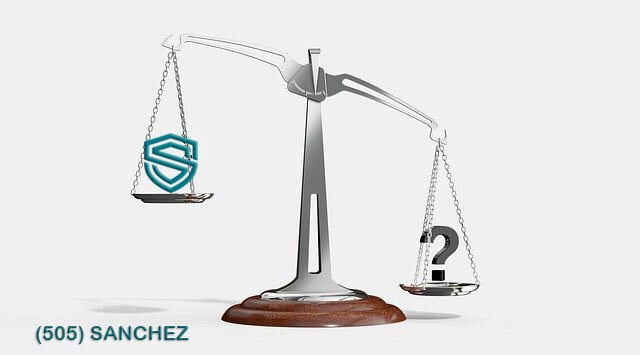Have you decided to move your child from New Mexico to another state? If so, you may be wondering: “How are parent/child move-away cases decided in New Mexico?”
For a list of reasons, parents may desire to move their child to another state. This desire often becomes frustrated when the co-parent denies the relocation. In this situation, the court must decide if the child is best served by moving to another state.
Ultimately, the court’s decision is guided by the child’s best interests. With that said, there are several paths that the court may take to reach a decision.
HOW NEW MEXICO COURTS DECIDE PARENTAL MOVE-AWAY CASES
A parental move-away case begins with a disagreement. Specifically, the case begins when one parent opposes the child’s relocation. When custody and visitation have already been established, the best practice is to file a Motion to Relocate.
Even when a parent has sole legal custody, failing to seek the court’s permission could result in an Order that forces the parent to return the child to New Mexico.
Once the Motion to Relocate has been filed, the case usually follows one of three paths: (1) Court Clinic assessment and recommendations; (2) Guardian Ad Litem investigation and recommendations; or (3) Evidentiary Hearing.
DECIDING CHILD MOVE-AWAY CASES IN NEW MEXICO: COURT CLINIC
The first step toward relocation is filing the appropriate Motion to Relocate. The court sets a hearing after this motion is filed. At this initial hearing, both sides have an opportunity to summarize the issues. After hearing this information, the assigned judge may refer the case to Court Clinic for a “Risk Relocation Assessment.”
During this process, the assigned Court Clinician:
- Interviews the parties and close family members;
- Considers the child’s connections with New Mexico;
- Speaks with important “collateral sources” such as the child’s counselor or therapist; and
- Reviews any important information related to the relocation.
Based on this assessment, the Court Clinician decides if the proposed relocation is in the child’s best interests. If a parent disagrees with the Clinician’s Assessment, a hearing is set. At this hearing the Clinician testifies about the assessment and recommendations. In doing so, the assigned judge is heavily influenced by the Clinician’s recommendations and beliefs. In other words, the assigned judge will likely adopt the Clinician’s recommendations as a court order.
CHILD MOVE-AWAY CASES – GUARDIAN AD LITEM
At the initial hearing, the assigned judge may decide that a Guardian Ad Litem (GAL) should become involved. If so, the GAL process is like Court Clinic. Specifically, the GAL’s investigation is like Court Clinic’s assessment. With that said, usually a GAL is far more expensive. Accordingly, the GAL’s process is often more lengthy and comprehensive.
For instance, Court Clinic’s assessment usually takes place during a single day. Conversely, the GAL’s process may extend for several months. The GAL’s process may also include a home visit, or follow-up visits with family members or third parties.
Like Court Clinic, the GAL ultimately decides the child’s best interests. Also, like Court Clinic a hearing is held when a parent objects to the GAL’s final recommendations. Finally, like Court Clinic, the judge’s decision will be heavily influenced by the GAL’s recommendations.
EVIDENTIARY HEARING/TRIAL ON THE MERITS
Some judges avoid the time and expense of Court Clinic and GAL. In this situation, the judge may schedule a half-day or full-day trial to decide if the child can move to another state. During this hearing/trial, each side can present evidence and witnesses to support their position.
Based on this testimony, evidence, and witnesses, the judge decides if the child can move.
Most judges will appoint either Court Clinic or a GAL to investigate and make recommendations. Judges tend to prefer an outside perspective because:
- The child’s voice is more effectively heard;
- A therapist/counselor’s opinion is easier to determine; and
- Some evidence and information are difficult to establish in court.
Because of the benefits of Court Clinic/GAL involvement, most judges prefer for an outside perspective. This outside perspective then guides the judge’s final decision.
PARENT/CHILD MOVE-AWAY ATTORNEY/LAWYER NEAR YOU
Are you searching for a child move-away attorney/lawyer? If so, you need an experienced parental relocation attorney. Our experienced child move-away and custody lawyers can handle your move-away case.
For more than a decade, Sanchez Legal Team has handled child custody all across New Mexico, including: Rio Rancho, Santa Fe, Los Lunas/Belen, Gallup/Grants, Estancia/Socorro, and Taos. Talk to a seasoned and successful Albuquerque child custody lawyer/attorney. Talk to (505) SANCHEZ.

Parent/Child Move-Away Cases New Mexico








